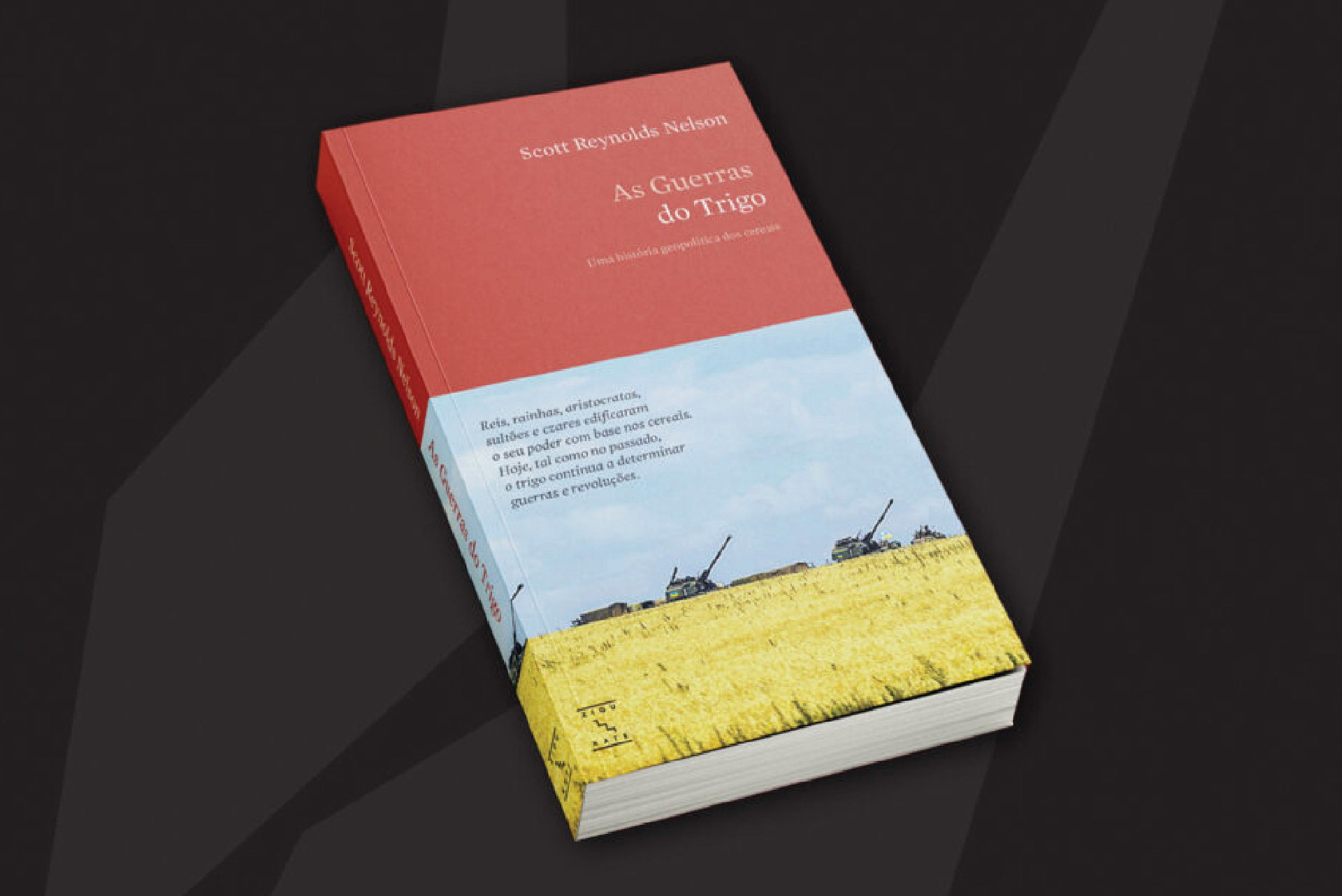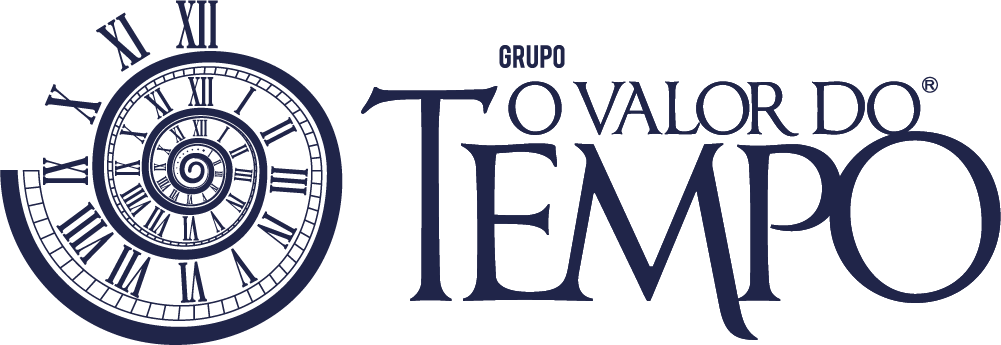
Bread Museum presents book that portrays the wheat war
“Oceans of Grain: How American Wheat Remade the World”, by the historian Scott Reynolds Nelson, reveals how cereals have always been a silent agent of uprisings and revolutions
The timing couldn’t be more opportune. The book was written before Russia’s invasion of Ukraine, but the escalation of the war brought cereals back to the forefront of world concerns and put the discussion of the book on the table. In fact, the theme comes way back; All over the world, Kings, queens, aristocrats, sultans, and tsars have always had cereals as a lever for power, using it to their advantage to control the population. Today, as in the past, the control of bread continues to determine wars, as the basic and essential good that it is: “Wheat is a hunger food” says the author. “It’s the last thing people are going to stop consuming.”
The current situation is just one more episode in an already long and dramatic story. Not by chance, this book begins in Odessa, Ukraine, the nerve center of cereal distribution in Europe. The book reveals how conspirators and heads of state, workers and businessmen, philosophers and economists, transformed the human struggle for daily bread into wars and empires, revolutions and conquests, banquets and famines. This work takes readers from the granaries and ancient trade routes of Europe to the US Civil War and the end of slavery, to the founding of empires, the massacres of World War I and the Russian Revolution, and finally to the contemporary world.
On February 11th at 4pm, almost a year after the start of the war in Ukraine, the Bread Museum presents the book “Oceans of Grains” in its bar-library space. Moderated by Carlos Vaz Marques, book editor, translator and journalist, the book will be presented by Carlos Faísca, historian and economist dedicated to the study of rainfed agrarian systems from a historical perspective, and Tiago Espinhaço Gomes, economist and consultant on issues related to strategy, finance and public policy. The session also features a recorded testimony by Scott Reynols Nelson, the author of the book.
The event is free to enter and attend, but pre-registration is recommended. Sign up through the email museum@museudopao.pt
About the author:
Scott Reynolds Nelson is a historian and specialist in fields ranging from 19th-century American history to international economic history, including topics such as the global circulation of raw materials or financial disasters worldwide. He was a research fellow at prestigious institutions such as Harvard University, the École des Hautes Études en Sciences Sociales, in Paris, or the Guggenheim Foundation. He is a professor at the University of Georgia.
About the speakers:
Tiago Espinhaço Gomes has +10 years of professional experience in advisory positions to decision makers in the public and private sectors. He has worked in 8 different countries, mainly on topics related to strategy, finance and public policy. He is currently Director of Strategy and Analytics in the Human Resources Department at MC Sonae. Previously he was a Management Consultant at Oliver Wyman and Mckinsey. He was also Advisor to the Minister of Finance (during the IMF-ECB-EC adjustment program) and Economist at the Public Finance Council. He holds a degree in Economics from the University of Porto (FEP) and did his Erasmus program at the University of Tampere (Finland).
Carlos Manuel Faísca has a degree in History (FCSH/UNL) and a PhD in Economics (U. Extremadura) with a thesis on the development of the cork sector in Alentejo. Currently, in addition to Invited Assistant Professor at the Faculty of Letters of the University of Coimbra, he is a researcher at the Center for Interdisciplinary Studies of the University of Coimbra (CEIS20). In this research centre, collaborating with the ReSEED and DryMed projects, he is mainly dedicated to the study of rainfed agrarian systems in a long-term historical perspective, although he is also interested in issues related to the location factors of economic activity.
Carlos Vaz Marques (1964) is an editor, translator and journalist. In 2022, he created the publishing company Livros Zigurate, dedicated to non-fiction topical issues treated in depth. He is an award-winning author of radio and television programs. He was, until 2018, the director of the literary magazine Granta Portugal, published by Edições Tinta-da-china since 2013. He has translated more than a dozen literary works and has published four books of interviews, one of them in Brazil.
About the Bread Museum
The Bread Museum offers a multisensory experience through the visit to the four thematic rooms of the museum, a bar-library, a traditional grocery store and a restaurant. It continuously collects, preserves and exhibits objects and heritage of Portuguese bread in its ethnographic, political, social, historical, religious and artistic aspects. The transversality of the “Bread” theme makes this space a true icon regardless of age, gender, race or creed.
